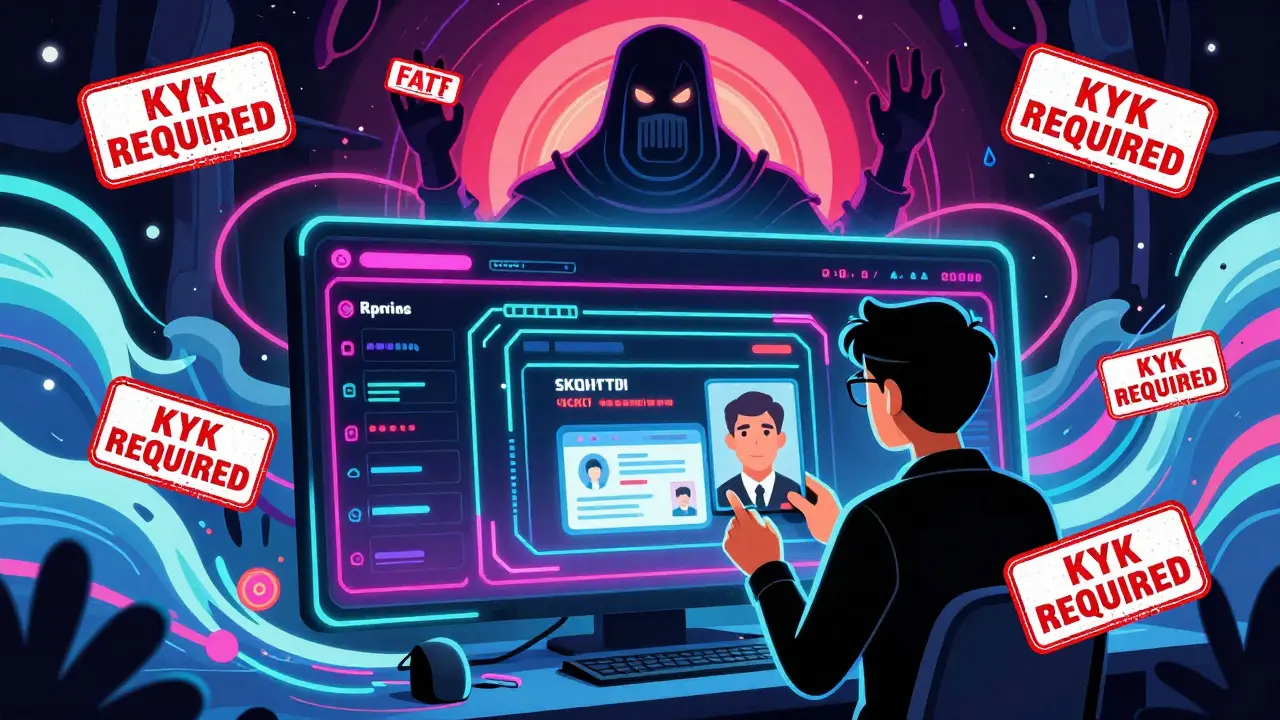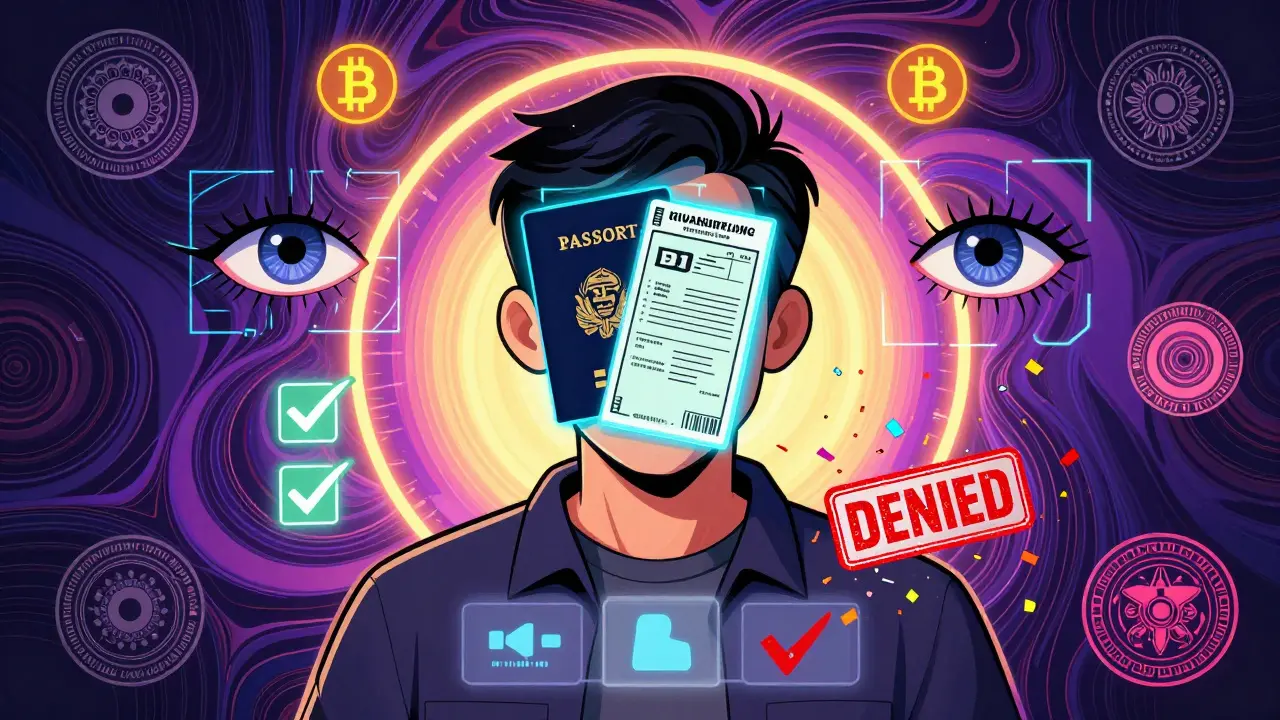Crypto Compliance: What It Means, Who It Affects, and How to Stay Legal in 2025
When you hear crypto compliance, the set of legal and operational rules crypto businesses must follow to operate legally. Also known as crypto regulation, it's not about slowing innovation—it's about keeping bad actors out and protecting users. If you're running a crypto exchange, wallet service, or even running an airdrop, you're part of this system. And in 2025, ignoring it isn't an option.
Look at the MiCA regulation, the EU’s comprehensive framework for crypto assets that came into full effect in 2024. Also known as Markets in Crypto-Assets Regulation, it’s the blueprint for how most of Europe now treats digital assets. MiCA doesn’t just say "be honest"—it demands licensing, transparency in tokenomics, and full AML checks. That’s why posts on AML crypto EU, anti-money laundering rules specifically targeting cryptocurrency businesses in Europe are so common. These aren’t theoretical guidelines. They’re enforced by national authorities with fines up to 5% of global revenue. And it’s not just Europe. Mexico’s FinTech Law, India’s FIU reporting rules, and Qatar’s outright bans all show the same pattern: governments are no longer watching—they’re acting.
Compliance isn’t just for exchanges. If you’re tokenizing real-world assets like property or bonds, you’re subject to the same rules. The RWA tokenization, the process of turning physical assets into blockchain-based tokens market hit $34.86 billion in 2025, but every tokenized bond or gold certificate needs KYC, audit trails, and investor disclosures. Even airdrops aren’t safe from scrutiny—fake ones targeting users in the U.S. or India are now flagged by OFAC and the FIU. The line between a promotion and a security is thinner than ever.
What you’ll find below isn’t a list of laws—it’s a collection of real cases, real penalties, and real workarounds. From how Qatar lets tokenized real estate but bans Bitcoin, to why JulSwap died because it ignored compliance, to how the Travel Rule is forcing wallets to track every transaction—these posts show you what’s actually happening on the ground. No theory. No fluff. Just what you need to know to keep your assets, your business, or your investments safe in a world where the rules are changing faster than the market.
KYC and AML Requirements for Crypto Worldwide in 2026
By 2026, global KYC and AML rules for crypto are strict, mandatory, and enforced. From the U.S. to the EU, businesses must verify users, track every transaction, and comply with the Travel Rule-or face fines, shutdowns, and lost banking access.
KYC Requirements on Crypto Exchanges: What You Need to Know in 2025
KYC requirements on crypto exchanges are now mandatory in most countries. Learn what documents you need, how long verification takes, why it matters for security, and what’s changing in 2025.
OFAC Cryptocurrency Sanctions and Compliance: What Crypto Businesses Must Do in 2025
OFAC cryptocurrency sanctions apply to all crypto businesses involving U.S. persons. Learn what you must do in 2025 to avoid fines, how to screen wallets, which tools to use, and why compliance isn't optional.


